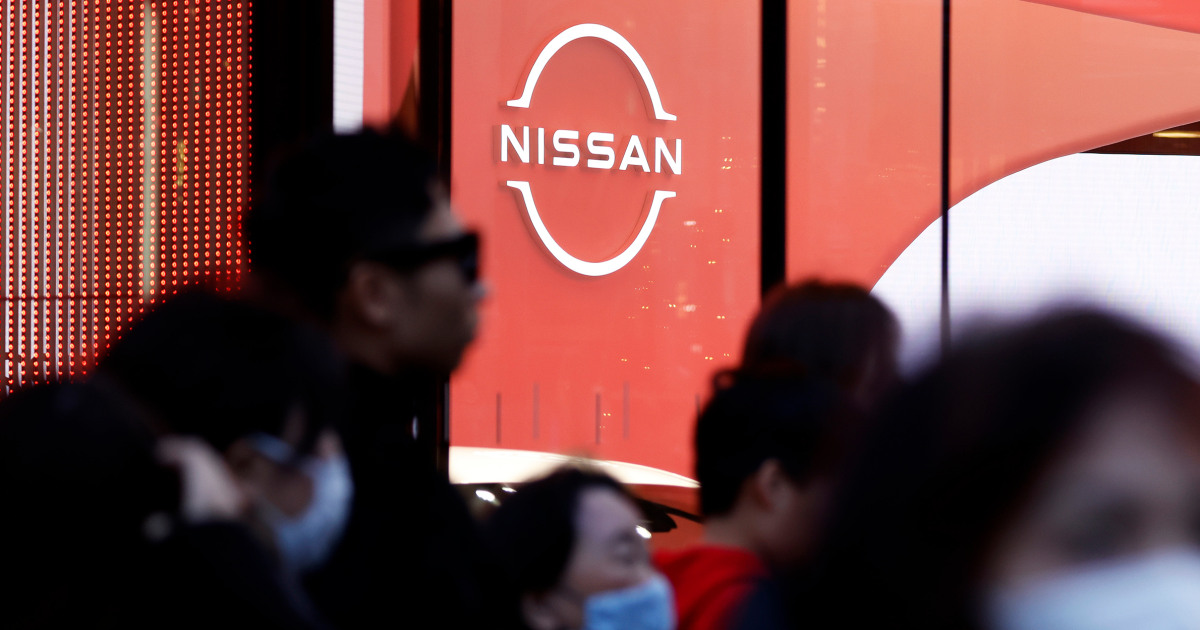Nissan’s Bold Move: Maximizing U.S. Production Amid Tariff Challenges
In a strategic pivot to counter economic headwinds, Nissan Motor Co. announced plans to ramp up production at its Canton, Mississippi plant, signaling a renewed commitment to U.S. manufacturing. The Japanese automaker’s decision, revealed this week, directly responds to lingering 25% tariffs on light trucks imposed during the Trump administration. By optimizing domestic operations, Nissan aims to mitigate trade risks while capitalizing on growing North American demand for SUVs and electric vehicles.
The Tariff Backdrop and Nissan’s Counterplay
When the Trump administration levied tariffs on imported light trucks in 2018 under Section 232 of the Trade Expansion Act, automakers faced a stark choice: absorb costly duties or shift production stateside. Nissan, which shipped nearly 40% of its U.S.-sold vehicles from overseas in 2017, found itself particularly vulnerable. The Canton facility—already producing four models including the Altima and Frontier—emerged as the logical solution.
“The math became unavoidable,” explains automotive analyst Rebecca Chen of LMC Automotive. “With tariffs adding $4,000-$6,000 to imported Navara pickups, retooling existing U.S. capacity offered both cost savings and supply chain security.” Nissan’s investment aligns with industry trends—foreign automakers now produce 58% of U.S.-sold vehicles domestically, up from 49% in 2015 according to the Center for Automotive Research.
Mississippi Plant Gets a $250 Million Upgrade
The Canton expansion includes:
- New body assembly technology for next-gen electric vehicles
- Enhanced paint shop operations reducing energy use by 30%
- Workforce training programs for 2,000+ employees
Mississippi Governor Tate Reeves hailed the move as “a vote of confidence in American manufacturing,” noting the plant’s $3.5 billion annual economic impact. However, United Auto Workers representatives express cautious optimism. “While we welcome job retention,” says UAW regional director Chuck Browning, “we need guarantees that automation won’t erode long-term employment.”
Balancing Global Pressures and Local Benefits
Nissan’s strategy reflects broader auto industry recalibration. The Biden administration’s Inflation Reduction Act, offering $7,500 EV tax credits for domestically produced models, created additional incentives. Meanwhile, pandemic-era supply chain disruptions demonstrated the risks of over-reliance on overseas production.
“This isn’t just about tariffs anymore,” notes Carlos Tavares, CEO of Stellantis. “Regional production buffers against geopolitical shocks while meeting consumer preferences for locally built vehicles.” Surveys show 67% of American car buyers prefer U.S.-assembled vehicles, even at modest price premiums.
Yet challenges persist. Nissan faces:
- 4.7% higher labor costs versus Mexican operations
- $18/ton carbon cost differential with Asian factories
- Ongoing semiconductor shortages affecting 15% of planned output
The Electric Vehicle Factor
Industry observers note the Mississippi upgrades position Nissan for its 2030 electrification goals. With EV sales projected to reach 30% of the U.S. market by 2030 (BloombergNEF data), the retooled plant could produce next-generation Leaf models and the anticipated Ariya SUV variant.
“Electrification requires localized battery ecosystems,” explains Dr. Michelle Krebs of Cox Automotive. “Nissan’s move suggests future battery plant investments may follow—possibly through the DOE’s $3.1 billion battery manufacturing grant program.”
Competitive Landscape and Future Outlook
Nissan’s decision mirrors rivals’ actions. Toyota recently announced a $2.5 billion North Carolina battery plant, while Honda partnered with LG on a $4.4 billion Ohio facility. However, Tesla’s dominant 65% U.S. EV market share presents formidable competition.
The coming years will test whether Nissan’s bet pays off. As global trade tensions persist and consumer preferences evolve, automakers must balance cost efficiency with strategic resilience. For now, Nissan’s Canton investment represents both a pragmatic response to immediate challenges and a calculated wager on America’s automotive future.
What’s next: Industry watchers should monitor the Department of Commerce’s ongoing Section 232 tariff review, which could further reshape automakers’ U.S. production strategies. For consumers, expect expanded SUV and EV options with “Made in USA” badges by 2025.
Want to understand how shifting trade policies impact your vehicle choices? Compare domestic versus import models using our interactive tariff calculator.
See more Business Focus Insider Team

